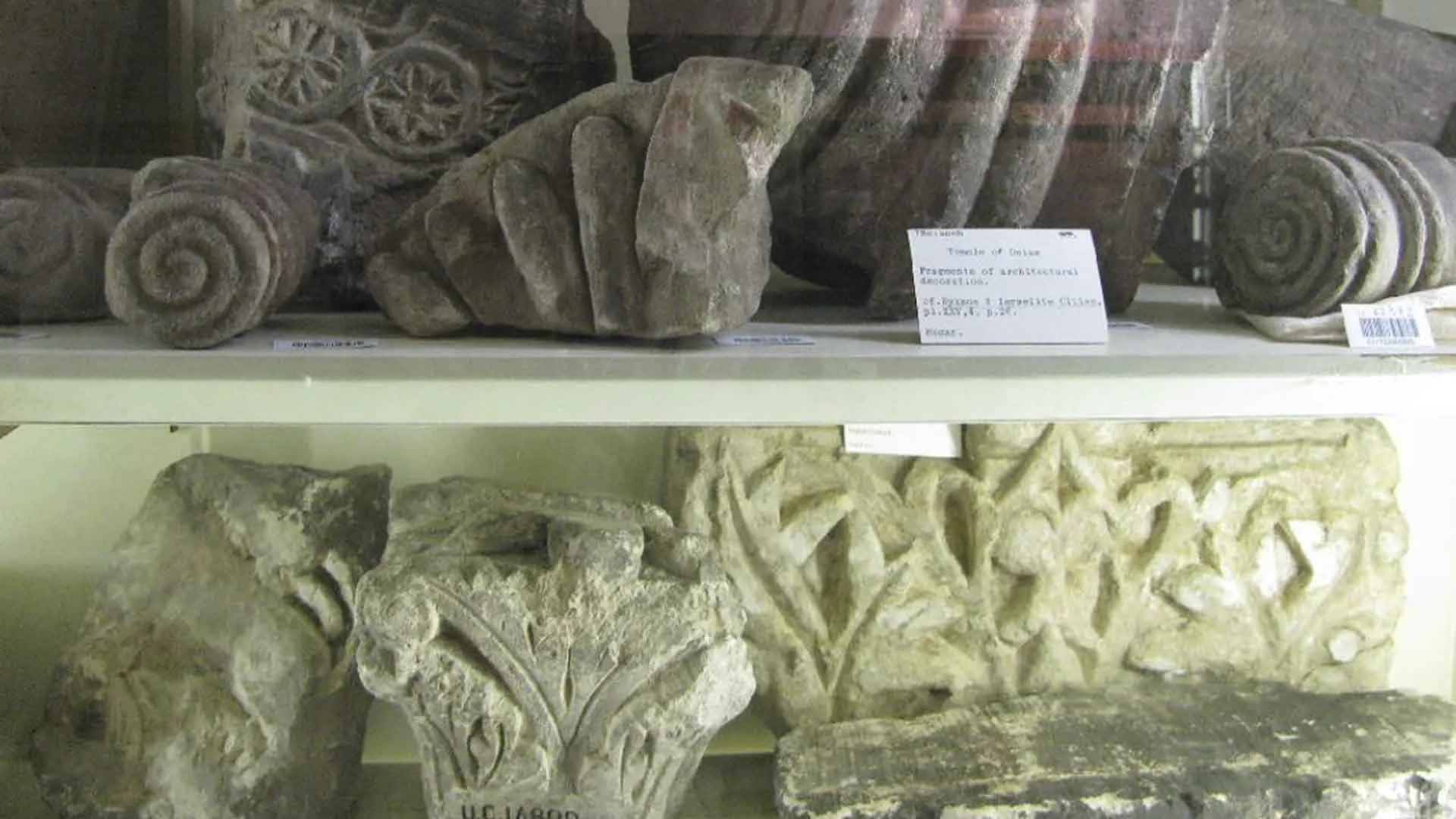For the source text click/tap here: Avodah Zarah 52
To download, click/tap here: PDF
Aside from the first and second Temples in Jerusalem, the only other Jewish Temples where sacrifices were brought were built by Jewish priests in Egypt. Rabbi Yosei ben Shaul asked Rabbi Yehuda HaNasi whether the utensils used in Beit Ḥonyo – the Temple of Onias – could be used in the Jewish Temple, as well.
The Gemara in Menaḥot (109b) quotes a baraita that brings two opinions about the Temple of Onias. According to Rabbi Meir, that temple was a place of pagan idol worship; Rabbi Yehuda rules that only Jewish sacrifices to God were brought there. Rashi explains that according to Rabbi Meir’s opinion it is obvious that the utensils used there cannot be used in the Temple in Jerusalem, since they are avoda zara, which is forbidden for ordinary use, and certainly for use in the Temple.
Thus, the question is posed only according to Rabbi Yehuda. Although the priests who performed the sacrificial service in the Temple of Onias were disqualified from serving in the Temple in Jerusalem, perhaps that is only because they should have been aware of their indiscretion and are penalized for it; the utensils, however, have no free will, and therefore may remain permitted.

